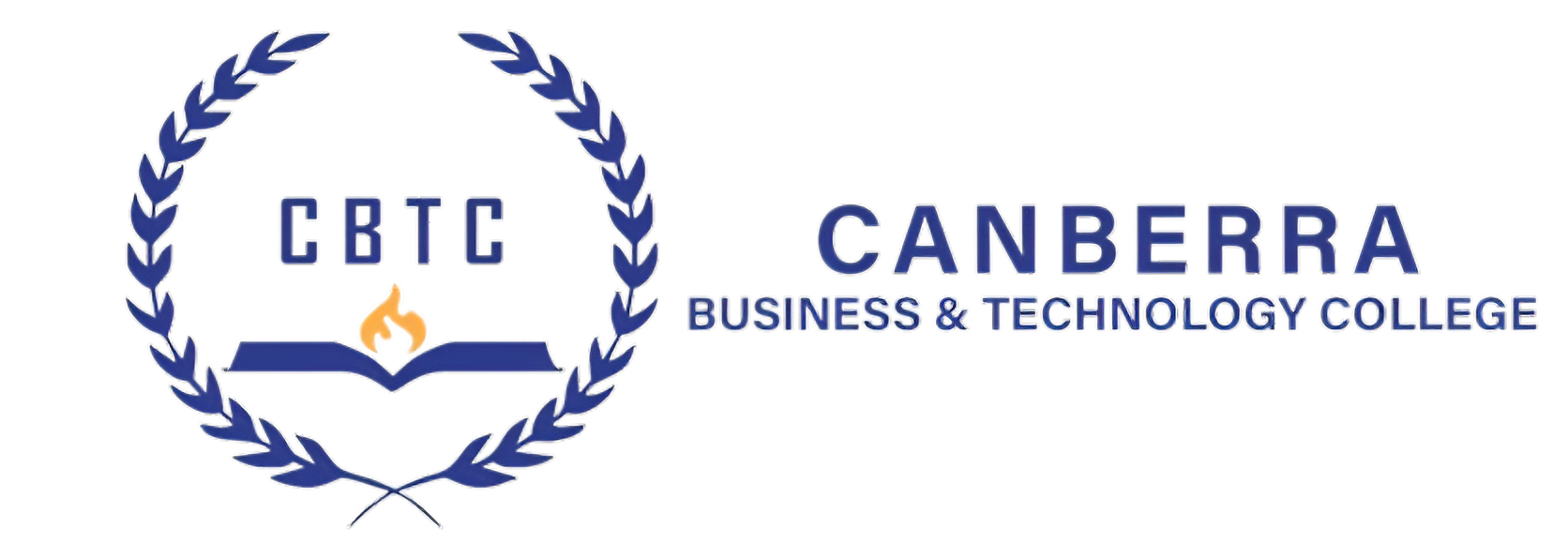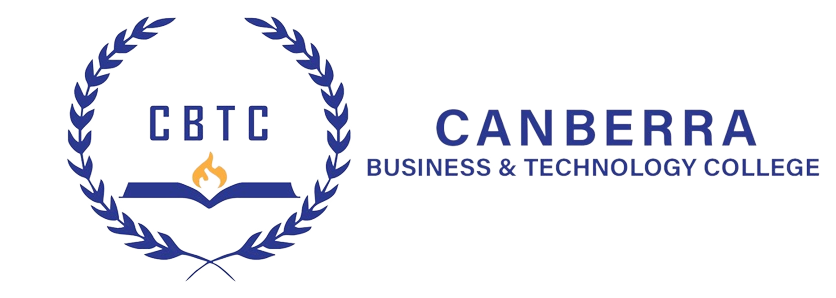
This qualification reflects the role of individuals who are job ready and competent in a wide range of information and communications technology (ICT) roles and apply a broad range of skills in varied work contexts, using problem solving skills and effective communication with others.
Potential Career Outcomes
- database development
- database maintenance
- gaming development
- networking
- programming
- systems administration support
- web development
Units of Competency:
This qualification includes 20 units of competency which comprise of 7 core and 13 elective units. Elective units have been carefully selected based on the industry consultation to ensure the learner achieves the desired vocational outcomes of the course.
Core units:
- BSBCRT404 Apply advanced critical thinking to work processes
- BSBXCS404 Contribute to cyber security risk management
- ICTICT426 Identify and evaluate emerging technologies and practices
- ICTICT443 Work collaboratively in the ICT industry
- ICTICT451 Comply with IP, ethics and privacy policies in ICT environments
- ICTPRG302 Apply introductory programming techniques
- ICTSAS432 Identify and resolve client ICT problems
Duration:
52 weeks
Age:
Be at least 18 years of age
English:
Have an IELTS score of 5.5 or equivalent (test
results must be no more than 2 years old) with
5.0 in each band
Academic requirements:
Have completed a Year 12 or equivalent high school certificate
The ICT40120 – Certificate IV in Information Technology is a qualification that equips individuals with the skills and knowledge needed to work in various roles within the field of Information Technology (IT). Work placement or vocational placement, often referred to as “work-integrated learning” or “professional experience,” is a component of many vocational education and training (VET) courses, including the Certificate IV in Information Technology.
The specific requirements for work placement after completing the ICT40120 course may vary depending on the training provider and the industry standards. However, typically, work placement in the IT sector aims to provide students with hands-on experience in a real-world IT environment. This experience allows students to apply the knowledge and skills they have learned in the classroom to practical situations, enhancing their understanding and competency in IT-related tasks and workflows.
The type of work placement required for the ICT40120 course may include:
- IT Support Roles: Students may undertake work placements in roles such as IT support technician or helpdesk support, where they assist users with technical issues, troubleshoot hardware and software problems, and provide technical support.
- Network Administration: Work placements in network administration roles involve tasks such as configuring and maintaining computer networks, troubleshooting network issues, and implementing security measures.
- Software Development: Students may have opportunities to work in software development companies or IT departments, where they can gain experience in programming, software design, testing, and debugging.
- Database Administration: Work placements in database administration roles may involve tasks such as managing databases, optimizing database performance, and ensuring data security and integrity.
- Cybersecurity: With the increasing demand for cybersecurity professionals, work placements in this area may involve tasks such as conducting security assessments, implementing security measures, and responding to security incidents.
- Web Development and Design: Work placements in web development and design roles may involve tasks such as designing and developing websites, creating web content, and optimizing websites for usability and performance.
Overall, work placement after completing the ICT40120 course provides students with valuable practical experience and exposure to real-world IT environments, which can enhance their employability and readiness for entry-level IT roles. It’s essential for students to actively engage in their work placement opportunities, seek mentorship, and make the most of the learning experiences provided during this period.
Payment Options
CBTC recognizes that our learners may need flexibility in managing their fees. To assist them, we provide a structured Payment Plan option that can be tailored to their needs.
Payment Plan
You have the freedom to make payments according to an agreed-upon amount and duration. Please be aware that CBTC does not accept any single payment of fees exceeding $1500.
Government Funded
If you enroll under a government-subsidized option, your fees will adhere to the funding regulations set by the respective funding body. Please consult the enrollment officer for additional information.
-
- ACT
- NSW – Smart and Skilled Program
*If you do not qualify for government funding, please reach out to our support team for alternative options.
Why CBTC?
Versatile Training Modalities:
-
- Traditional Classroom Setting
- Online Instruction
- Blended Learning Approach
- Workplace-Based Training
Our Nationwide Reach:
-
- Greater Sydney Region
- ACT: Belconnen
Benefit From Expertise
Our instructors are seasoned industry professionals with extensive experience.
Government Subsidized Training Organization
-
- NSW
- ACT
- Centrelink
*Please be aware that not all courses are covered under each of the aforementioned government subsidized options. Kindly verify eligibility and availability at the time of application. Eligibility criteria apply.
Why CBTC?
Flexible Training Options
- Classroom based
- Online
- Blended
- Workplace based
Our National Presence
- Greater Sydney region
- ACT
*Not all courses are offered from all locations. Please check at the time of application.
Learn from the Experts
All trainers are experienced industry practitioners.
Government Subsidised Training
- NSW
- ACT
- Centrelink
*Not all courses are offered under all of the above mentioned government subsidised options. Please check at the time of application. Eligibility criteria apply.

